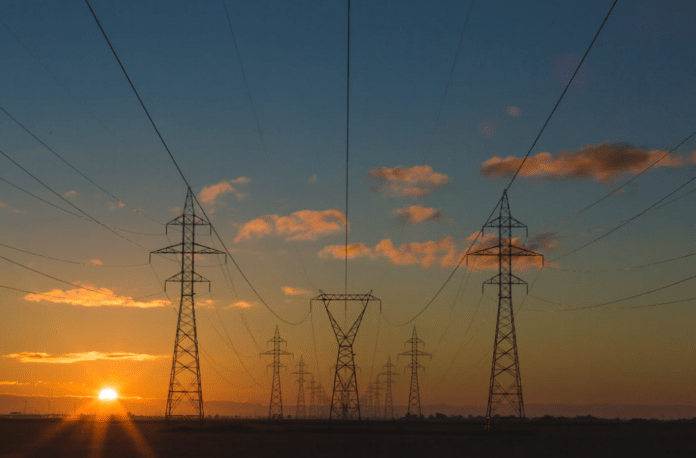Now that the summer is here and you’re enjoying the warm weather, chances are your energy bills are also going to increase. The summer and winter are often the most in-demand periods for energy.
But also, they’re most wasteful periods too, no thanks to overworked AC’s, inefficient windows and inadequate airflow. Therefore, if you’re able to pay particular attention to your energy consumption, you just might be able to cut out the wasteful energy usage, and save yourself a decent amount of money.
The tips listed below are proven to help you cut down on your utility costs during the summer, and save you some money.
Carry Out Routine Maintenance Checks on Your Cooling Units
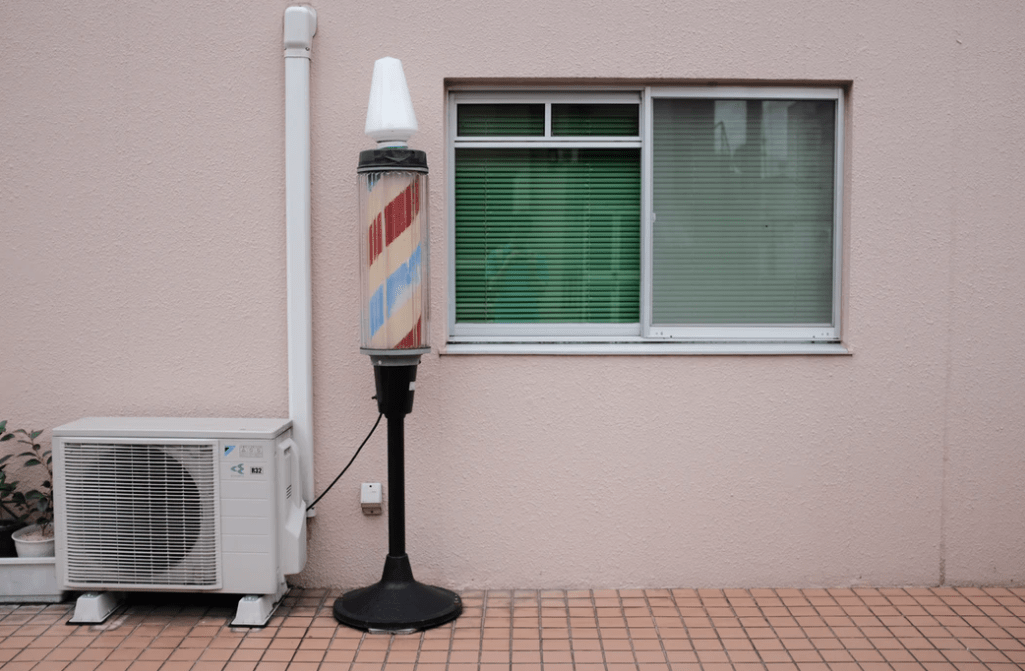
Usually, the best time to check the state of your air conditioner is before summer. If you didn’t do it then, now is the second-best time to do that.
Check your air conditioner’s filters, condensers, refrigerant levels, and pipes. For example, a clogged air filter in your AC unit can cost you up to 15 percent more in energy bills as your AC has to work extra hard to keep the house cool.
If you don’t know how to carry out routine maintenance checks, let an AC technician do it.
Ensure Your Thermostat Works
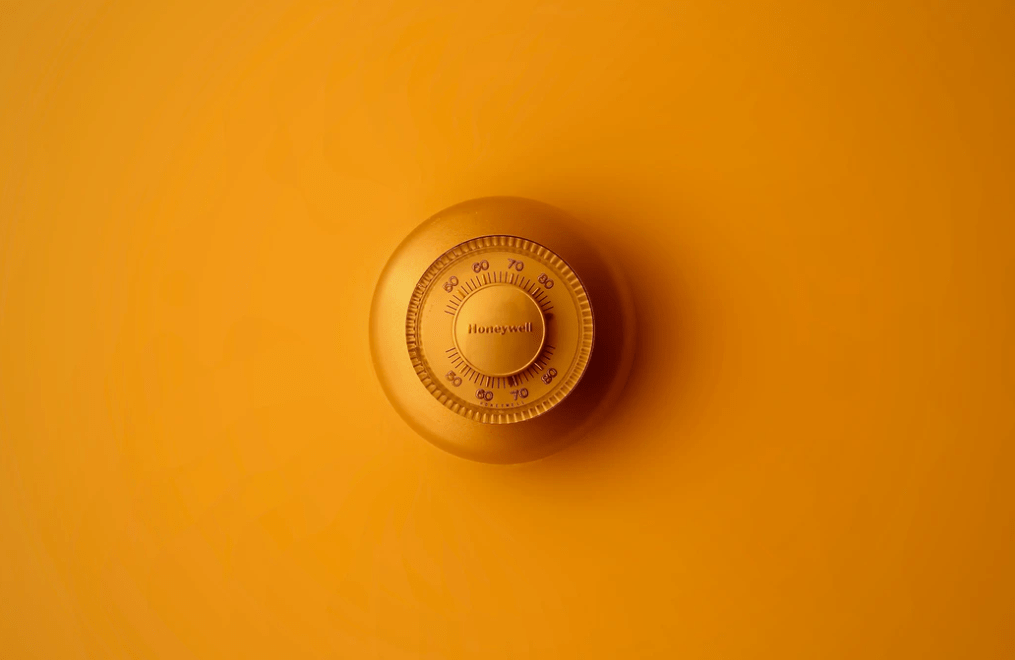
The agony of the summer heat is enough to cause people to run towards their thermostats for reprieve. However, the goal of the thermostat shouldn’t be to excessively cool the place.
You should lower the temperature to the point where you’re quite comfortable. The US Department of Energy specifically recommends 78⁰F. But, multiple independent surveys have shown that the ideal temperature for an occupied room is 75⁰F.
But here’s where it gets interesting: if you increase the temperature by one point to 76⁰F, that could amount to an extra 5-15 percent of energy saved. So for every increase in degree, you’re bound to enjoy a lower energy consumption.
Turn Off the AC When You’re Away
You shouldn’t leave your air conditioning unit on while there’s no one in the room. As a rule, turn off the AC unit in parts of the house or building that aren’t occupied. Some people routinely leave the AC on with the intention that they’ll come back to a cool house.
Here’s the thing, if they’re the right size for the room, most modern AC units are designed to cool a room within 15 to 20 minutes of turning them on. Of course, if it’s extra hot or humid, it might take a bit longer.
So turn on the AC once you get in the house, head for the bathroom, and take a cold shower. By the time you get back into the room, it’ll be cool enough for you to be comfortable. If it isn’t stand or sit close to the AC vents. That’ll get you cool really fast. You can also turn on a fan to circulate the cool air faster.
Weatherproof Your Windows and Doors
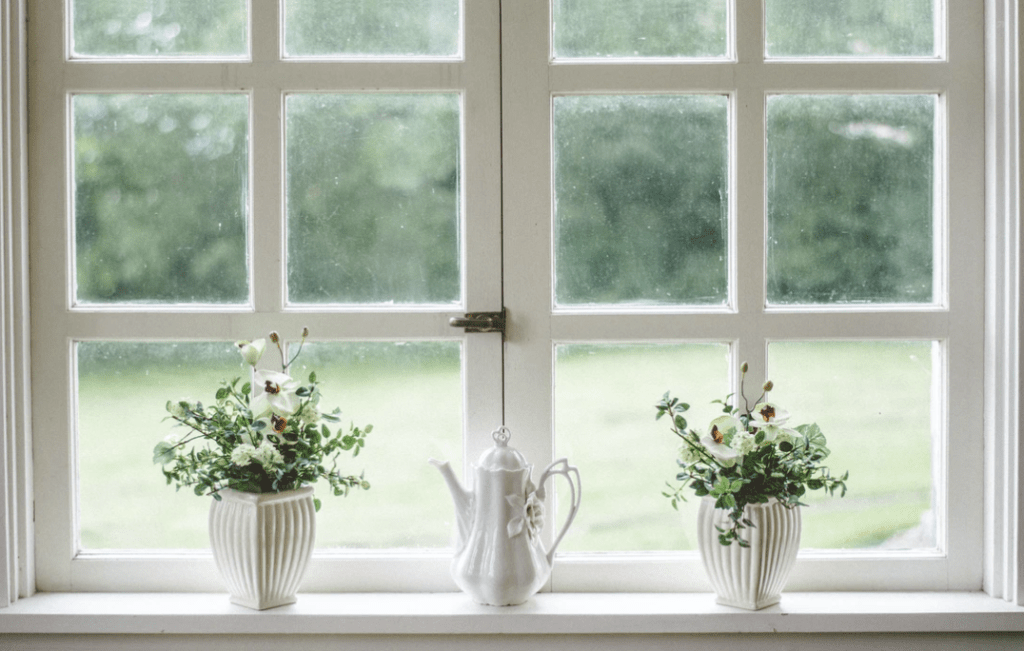
Look for gaps in the doors and windows in the home and repair them. If your windows are cracked, for instance, it could be letting out the cooling, thus causing your air conditioning unit to work harder in reaching your preferred temperature.
While you may be able to fix or manage small window cracks or gaps with caulk and window treatments, it’s often better to consider an outright home window replacement if the problem is pretty bad.
Modern windows are more energy-efficient and can save up to 72 percent of your cooling and heating costs. Some of them also have great noise reduction properties, which is good for minimizing the amount of noise coming in from the street.
Unplug Your Appliances and Go Outside
If you’re not using an appliance, turn off the switch and unplug it from the socket. This is important because even when plugged-in appliances aren’t being used, they still consume electricity in their standby mode.
Granted that this is probably not a lot, but every penny counts when you’re on a tight budget, but still have to keep the home running. Also, go spend some time outside. Yes, we know it’s hot and humid, but that’ll reduce your energy costs.
Just find cool places or water bodies like beaches, swimming pools, and parks with a lot of shade to chill at. Another unconventional tip is to do your shopping at the mall when it’s really hot. They often have good HVAC systems to cool their buildings.
Consider Using More Fans
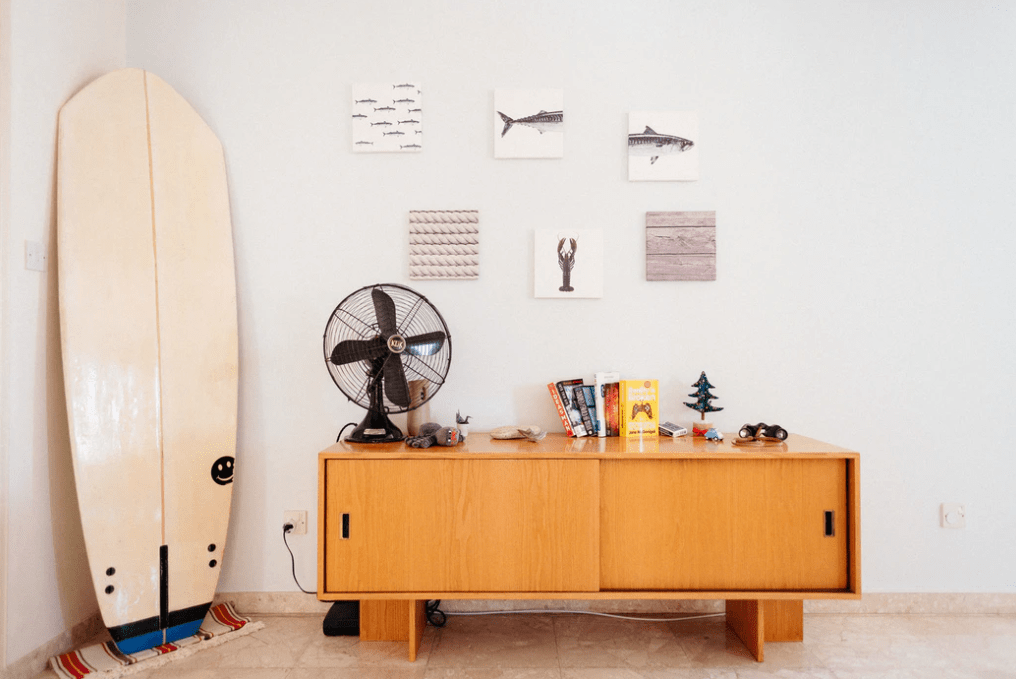
We already touched on this, but it bears repeating. Fans are a great and cheaper alternative to AC units in terms of purchase prices and energy consumption. So, use them a lot during the summer. Thankfully there are some misting fans that will keep you cool by spraying water mists on you and blowing it.
This is particularly useful during the peak periods when electricity price spikes occur. You may have to crack open a window though if the air in the room is stale. That being said, because of the hot temperatures outside, just use an air freshener and endure until the off-peak period when you can use your AC.
If you cannot wait until then, consider using the fans in the evening, and open up the windows and doors to allow cool air in from outside the house.
Put Up Bright Colored Drapes and Curtains
These are effective at reflecting light and heat. They’re also good for letting in natural light without the heat. Hang those drapes, blinds, or curtains on the bigger windows in the house. Big bay windows are awesome to look at.
But in terms of energy consumption, they can be a pain during the summer. This is because they tend to let in a lot of heat from the outside, thus forcing the AC to work harder to keep the room or house cool. Bright colored blinds and drapes filter a large part of the heat and their reflective properties help too.
Take Cold Showers
Unless you have a medical condition, you shouldn’t be taking hot showers in the summer anyway. Cold showers are not only great for jumpstarting your bodily processes, but it is also incredibly beneficial to your health.
In fact, studies actually show that cold showers can boost your immunity, improve your mood, and lower cortisol levels in your body. Then, there’s the extra benefit of not having to use hot water, which can translate into considerable savings for you.
After a lifetime of hot showers, cold showers may seem a bit extreme at first, but you’ll eventually acclimate and start enjoying the benefits.
Schedule High Energy Consumption Activities for Off-Peak Periods
Activities like ironing, laundry, using hotplates and other heavy-duty appliances tend to lead to high energy bills. If you schedule their usage for off-peak periods, then you might actually lower your energy bill.
If you’re on a fixed-rate energy plan though, this may not apply to you as you’re protected from price spikes from wholesale energy providers. However, you still need to make sure, particularly if you didn’t renew the fixed-rate contract when it expired or switched energy providers.
During the summer, energy peak periods are usually between 2pm and 7pm. This is when there’s usually a surge in energy demand, and with it, and increase in price per kilowatt hour (kWh). Using these appliances during the off-peak periods usually costs less.
That’s All There is to It
Now that you know what to do to cut down your energy consumption rates in the summer, practice them dutifully. Oh, and if you’re on a variable rate energy pricing structure, go change that to fixed-rate pricing immediately.
But make sure you’re getting your energy supply from reputable electricity retailers and providers. This way, you won’t have to deal with hidden costs and other extra costs that some unscrupulous providers bundle into your payment.


